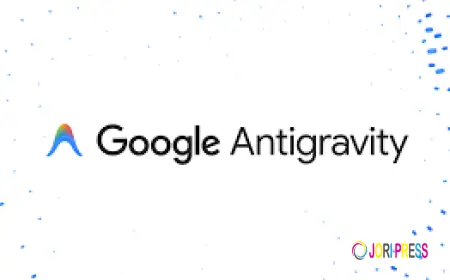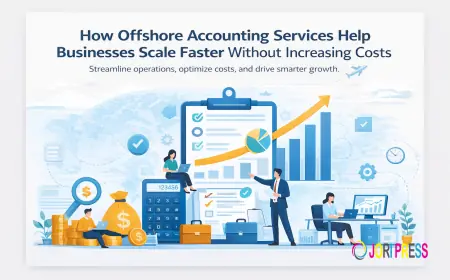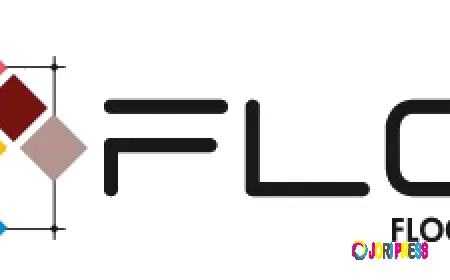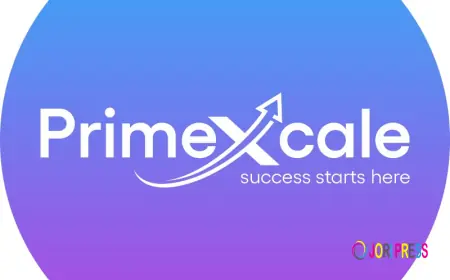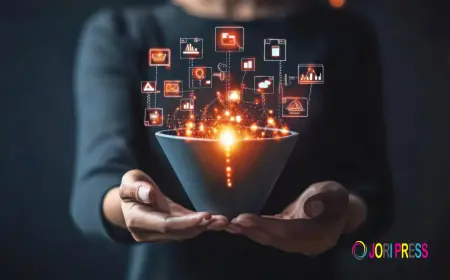How Do AI Tokens Enhance Automation and Smart Contract Functionality?
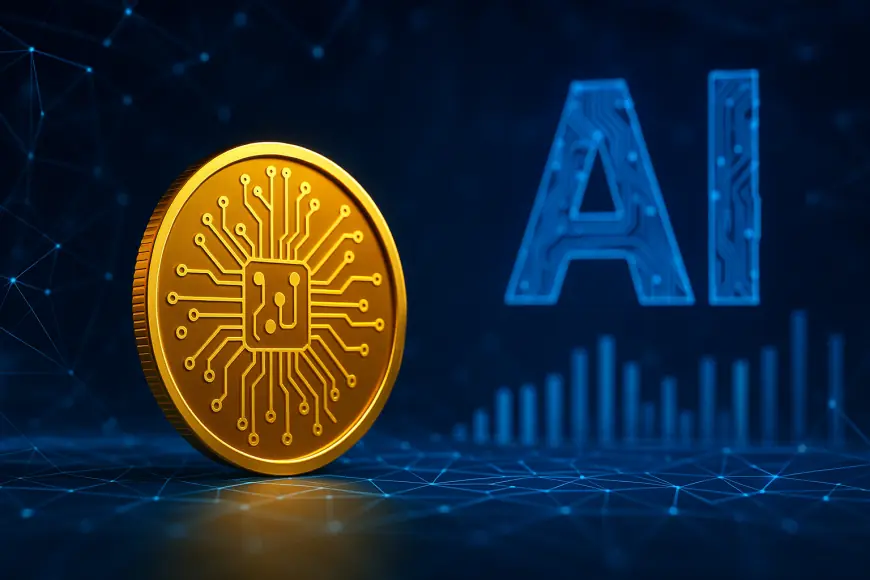
The intersection of artificial intelligence (AI) and blockchain technology represents one of the most innovative advancements in the digital economy. Among the groundbreaking developments in this space are AI-powered tokens—digital assets designed to integrate AI protocols to automate processes, optimize decision-making, and enhance the functionality of smart contracts. By embedding intelligence into tokenized systems, AI tokens allow blockchain networks to operate with unprecedented efficiency, adaptability, and security, transforming both decentralized applications (dApps) and broader digital ecosystems.
Unlike traditional utility or governance tokens, AI tokens carry dynamic capabilities. They can process data in real time, interact autonomously with smart contracts, and execute complex operations without human intervention. This evolution enables blockchain networks to go beyond static rules, introducing predictive, adaptive, and intelligent automation that benefits businesses, developers, and decentralized platforms alike.
Understanding AI Tokens
AI tokens are digital assets that integrate AI protocols within blockchain ecosystems. They can analyze historical data, predict outcomes, and execute smart contract actions autonomously. For example, in a decentralized finance (DeFi) application, an AI token might dynamically adjust interest rates, optimize liquidity pools, or detect anomalies in transactions, all without requiring manual input.
AI tokens effectively function as autonomous agents. They continuously learn and adapt, refining their behavior based on patterns, user interactions, and environmental data. Beyond finance and governance, AI tokens are finding applications in healthcare, IoT networks, and decentralized energy grids. In healthcare, AI tokens can automatically trigger smart contracts for patient data sharing and consent management, while in energy grids, they can optimize decentralized energy distribution based on consumption patterns.
Enhancing Smart Contract Functionality
Smart contracts are self-executing agreements that enforce rules on a blockchain. Traditionally, they are limited to predefined conditions. AI tokens expand these capabilities significantly.
Dynamic Decision-Making
AI tokens allow smart contracts to make dynamic decisions based on real-time data. In supply chain ecosystems, they can adjust delivery schedules, inventory levels, and pricing based on predictive analytics, making contracts adaptive and operationally resilient.
Predictive Automation
By integrating machine learning, AI tokens enable proactive execution of tasks. In DeFi, for example, they can monitor market trends, automatically execute trades, or rebalance portfolios. This predictive capability reduces human error, accelerates decision-making, and allows platforms to respond instantly to changing conditions.
Enhanced Risk Management
AI tokens can analyze transaction patterns, detect anomalies, and automatically execute contingency measures. This proactive approach minimizes risks in decentralized finance, multi-user platforms, and other blockchain applications.
Optimized Resource Allocation
AI tokens optimize computational resources, transaction prioritization, and storage usage across blockchain networks. In decentralized cloud computing, for instance, AI tokens manage task distribution efficiently, enhancing scalability and reducing costs.
Practical Applications of AI Tokens
DeFi and Financial Automation
AI tokens revolutionize DeFi by automating lending, trading, and investment strategies. They dynamically adjust interest rates, optimize liquidity, and execute predictive trades, creating more efficient, responsive financial ecosystems.
Supply Chain Optimization
In supply chains, AI tokens enhance transparency, efficiency, and predictive insights. They can track inventory, forecast demand, and execute automated orders, reducing operational delays and costs.
Autonomous DAOs
Decentralized Autonomous Organizations (DAOs) rely on AI tokens to analyze proposals, assess sentiment, and optimize fund allocation. This creates data-driven, autonomous governance that reduces human intervention and streamlines decision-making.
NFT and Gaming Ecosystems
AI tokens enable adaptive NFT marketplaces and blockchain games. They optimize minting rates, in-game economies, and dynamic pricing while personalizing experiences to enhance user engagement and retention.
Emerging Industries
Beyond traditional applications, AI tokens are being integrated into healthcare, IoT networks, and decentralized energy grids. They automate monitoring, consent management, predictive maintenance, and energy distribution, making decentralized systems intelligent and self-optimizing.
Advantages of AI Token Integration
-
Automation Efficiency: Minimizes human intervention and accelerates processes.
-
Adaptive Systems: Continuously evolving smart contracts increase resilience.
-
Predictive Accuracy: AI-driven insights improve decision-making and outcomes.
-
Security Enhancement: Anomaly detection strengthens risk management.
-
Scalability: Optimized resource allocation supports higher transaction volumes.
-
Cross-Industry Utility: AI tokens extend beyond finance to healthcare, energy, and IoT applications.
Challenges and Considerations
Challenges include technical complexity, data dependency, security vulnerabilities, regulatory compliance, and transparency concerns. Ensuring high-quality data, robust algorithms, and secure smart contract integration is critical for AI token effectiveness.
Future Outlook
AI tokens are set to redefine autonomous blockchain ecosystems. As AI models evolve, tokens will enable cross-chain intelligence, predictive analytics, and fully autonomous operations. Industries such as healthcare, supply chains, gaming, energy, and finance will increasingly adopt AI tokens to create self-optimizing, intelligent ecosystems. Interoperability between blockchain networks and integration with IoT devices will expand the reach of AI tokens, making them central to next-generation decentralized platforms.
Conclusion
AI tokens represent a transformative force in blockchain technology, enhancing automation, predictive capabilities, and smart contract functionality. They empower decentralized systems to operate autonomously, manage risks, optimize resources, and respond intelligently to dynamic environments. With applications spanning DeFi, supply chains, DAOs, NFTs, gaming, and emerging industries, AI tokens are reshaping decentralized ecosystems. By combining AI intelligence with blockchain’s trustless infrastructure, AI tokens enable efficient, adaptive, and self-optimizing digital platforms, positioning them as a cornerstone of future decentralized innovation.
What's Your Reaction?
 Like
0
Like
0
 Dislike
0
Dislike
0
 Love
0
Love
0
 Funny
0
Funny
0
 Angry
0
Angry
0
 Sad
0
Sad
0
 Wow
0
Wow
0


